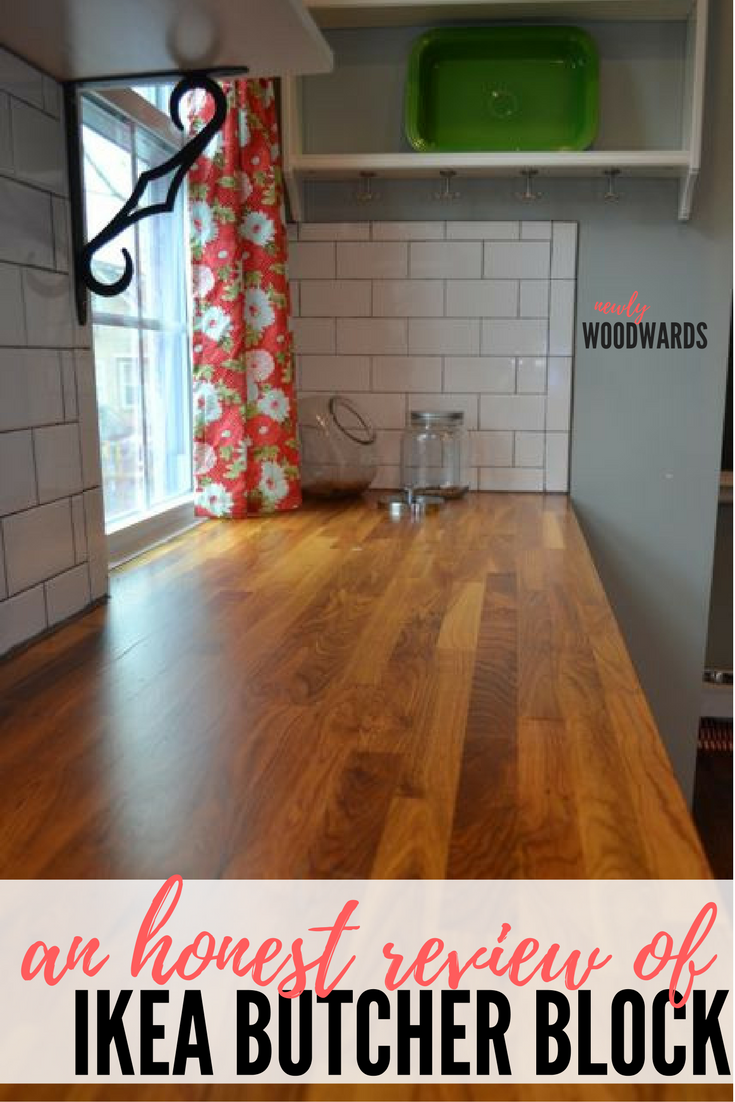When it comes to creating a warm and inviting space in your home, butcher block countertops offer a unique blend of beauty, functionality, and durability. Having installed butcher block countertops in my own kitchen, I can personally attest to the charm they bring to the room. From aesthetics to maintenance, there’s a lot to consider, and this comprehensive guide will cover everything from the basics to advanced care tips. So, let’s dive into the world of butcher block countertops and how they can elevate your home decor!
What is Butcher Block?
Butcher block typically refers to a type of countertop surface made from straight cuts of wood bonded together, creating a durable and attractive work surface. While it’s commonly used in kitchens, butcher block can also be effectively incorporated into flooring and decor.
History of Butcher Block
The concept of butcher block dates back to the late 19th century when it was predominantly used by butchers. Its sturdy construction allows for heavy chopping without damaging the surface, making it an ideal kitchen workstation.
The Benefits of Butcher Block Countertops
- Warm Aesthetic: Adds organic warmth to any kitchen or dining space.
- Versatility: Complements various interior decor styles, from rustic to modern.
- Durability: With proper care, they can last for decades.
- Easy to Repair: Scratches and minor damages can be sanded away.
Types of Butcher Block Countertops
Hardwood vs. Softwood
A key distinction in butcher block countertops is between hardwoods and softwoods. Hardwoods, such as maple or walnut, are generally recommended for countertops due to their durability. Softwoods, like pine, may dent and scratch more easily, making them less suitable for high-traffic areas.

Comparison Table: Hardwoods vs. Softwoods
| Type | Durability | Maintenance | Cost |
|---|---|---|---|
| Hardwood | High | Moderate | Higher |
| Softwood | Medium | Low | Lower |
Finishing Options for Butcher Block
Finishing is crucial for enhancing the durability and appearance of butcher block countertops. Common finishes include:
- Mineral Oil: A food-safe option that hydrates and protects.
- polyurethane: Offers a more durable surface but may not be food-safe.
- Bee’s Wax: Natural and less protective but provides a beautiful sheen.

How to Care for Butcher Block Countertops
Cleaning and Maintenance
Regular care is vital for the longevity of your butcher block countertop. Here are my top tips:
- Wipe spills immediately to avoid staining.
- Use a mixture of warm water and mild soap for routine cleaning.
- Periodically reapply mineral oil to maintain its finish.
Dealing with Scratches and Dents
Don’t worry about minor scratches; they can be easily sanded out. A light sanding followed by re-oiling can restore your countertop’s smooth surface.

Integrating Butcher Block into Your Home Decor
Butcher Block Flooring
Butcher block isn’t just for countertops; using it for flooring can create a stunning and cohesive look throughout your home. The warmth of the wood can make a space feel more inviting.
Pros and Cons of Butcher Block Flooring
| Pros | Cons |
|---|---|
| Warm, inviting aesthetic | Can scratch easily |
| Can be refinished | Requires regular maintenance |
| Great for insulation | Susceptible to moisture damage |

Decorating with Butcher Block Accents
From butcher block cutting boards to stools and tables, this material can be integrated into your decor in many ways. Here are some ideas:
- Use a butcher block island for additional prep space.
- Add cutting boards as wall art or display pieces.
- Incorporate butcher block furniture, like dining tables, for a cohesive look.
Choosing the Right Butcher Block for Your Home
Factors to Consider
When selecting the perfect butcher block for your kitchen or decor, consider the following:
- Wood Type: Opt for hardwoods for better durability.
- Finish: Choose a finish that aligns with your intended use.
- Thickness: Thicker blocks are more durable and better for heavy-duty use.

Where to Buy Butcher Block Countertops
Several retailers offer butcher block countertops, including:
- Home improvement stores like Home Depot or Lowe’s
- Specialty kitchen retailers
- Online marketplaces like Amazon
FAQs about Butcher Block Countertops and Decor
1. Are butcher block countertops food safe?
Yes, butcher block countertops made from food-safe hardwoods and properly finished with mineral oil are safe for food preparation.

2. How often should I oil my butcher block?
It’s recommended to oil your butcher block countertops every 4-6 weeks, or whenever the surface appears dry.
3. Can I use bleach to clean my butcher block?
No, bleach is too harsh and can damage the wood. Stick to mild soap and warm water.
4. Can butcher block countertops be repaired?
Absolutely! Minor scratches and dings can be sanded out and refinished as needed.
5. Is butcher block flooring pet-friendly?
While butcher block flooring is beautiful, it can scratch easily. If you have pets, consider their activity level when choosing this type of flooring.
Final Thoughts
Butcher block countertops, flooring, and decor can transform your home into a stylish yet functional space. Having experienced the warmth and beauty of butcher block firsthand, I can confidently say it’s worth the investment. With proper care, you can enjoy the rustic charm and durability of butcher block for years to come.
Remember, the key to a beautiful butcher block is regular maintenance and choosing the right pieces that align with your style. Happy decorating!